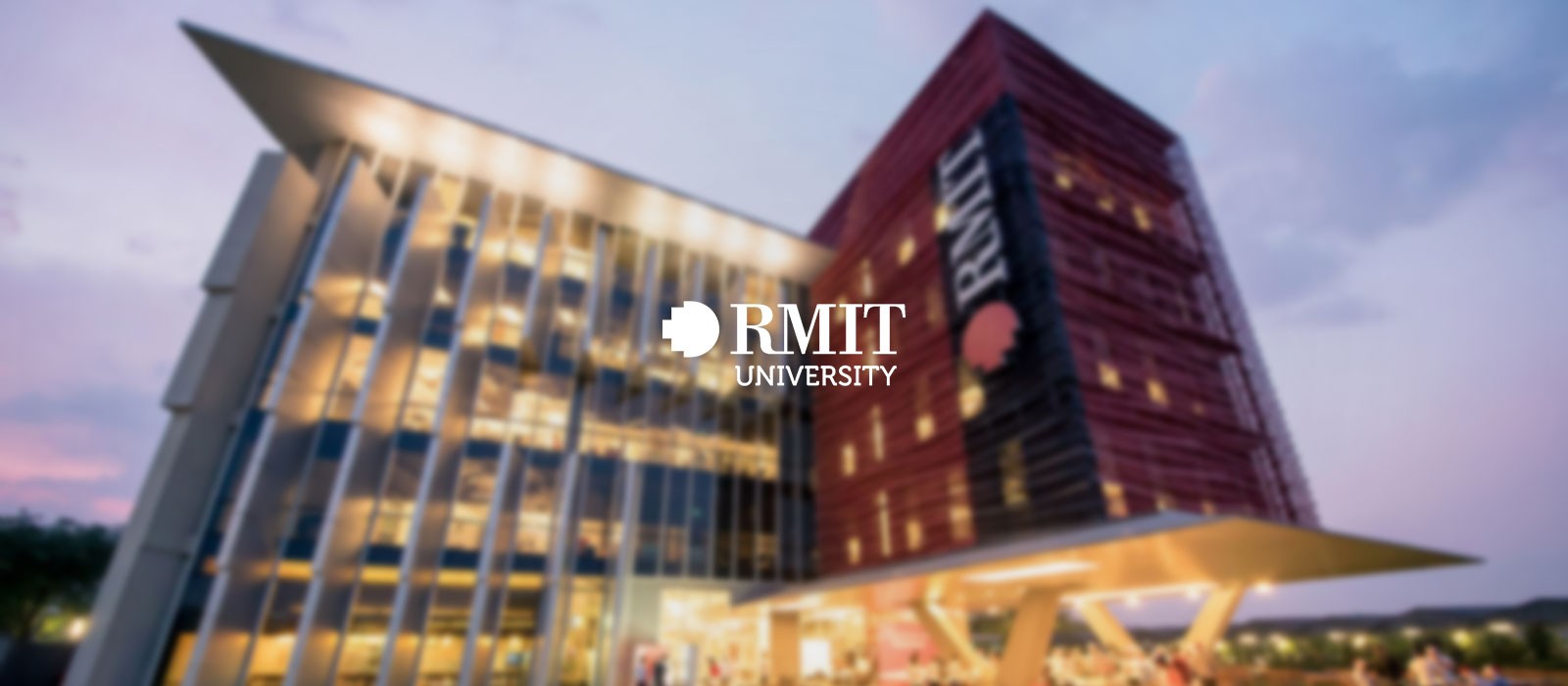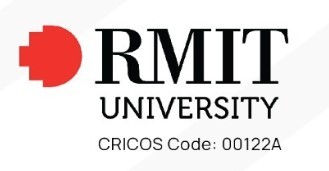
Master of Social Work


Overview
FULL-TIME 2 YEARS
YES
AU$36,480
FEBRUARY
Overview
- They mobilise the forces of individuals, the community, and state organisations to transform lives and create lasting and meaningful social change.
- RMIT has been teaching social work for over 40 years, and our programs continue to reflect up-to-date ideas about social work and its place in a changing world.
- Our graduates are resilient, outspoken members of society who advocate a fairer world for all.
- Field education forms a large component of the social work course. You'll undertake 140 days of work placements within human and community service organisations.
Inquire Now
Career
> Graduates are highly employable in human services organisations, community-based agencies, various levels of government, and increasingly in corporate and private enterprise.
> Some graduates help to develop social policy, some engage in research, some assist communities to develop their own services, and some provide services to individuals and families. In a social work career, there are ample opportunities to pursue different specialisations and interests.
> With your working knowledge of social science, research, and social work, you'll be eligible for a wide range of human services or community jobs in areas such as:
> child protection
> dispute mediation and industrial relations
> health services and hospitals
> human resource management
> policy and advocacy work
> community development projects
> program and organisational development
> immigration advice and referral centres
> government departments
> youth and family services.
Entry requirement
> To study this program you will need to complete one of the following English proficiency tests:
> IELTS (Academic): minimum overall band of 7.0 (with no individual band below 7.0)
> TOEFL (Internet Based Test - IBT): minimum overall score of 94 (with minimum of 24 in Reading, 24 in Listening, 23 in Speaking and 27 in Writing)
> Pearson Test of English (Academic) (PTE (A)): minimum score of 65 (with no communication band less than 65)
> C1 Advanced: minimum of 185 with no less than 185 in any component.
Popular Courses
Find your perfect course
Head Office
Kamaladi, Kathmandu
Tel: +977 14542781, 9845566225
E-mail: info@landmarkedu.com
Sydney office
46 Macquarie Street,
Parramatta, NSW
Tel: +61 415 122 814
Branch office
Tel: 056-590825
Tel: 021-590828
Tel: 977-71-591694


